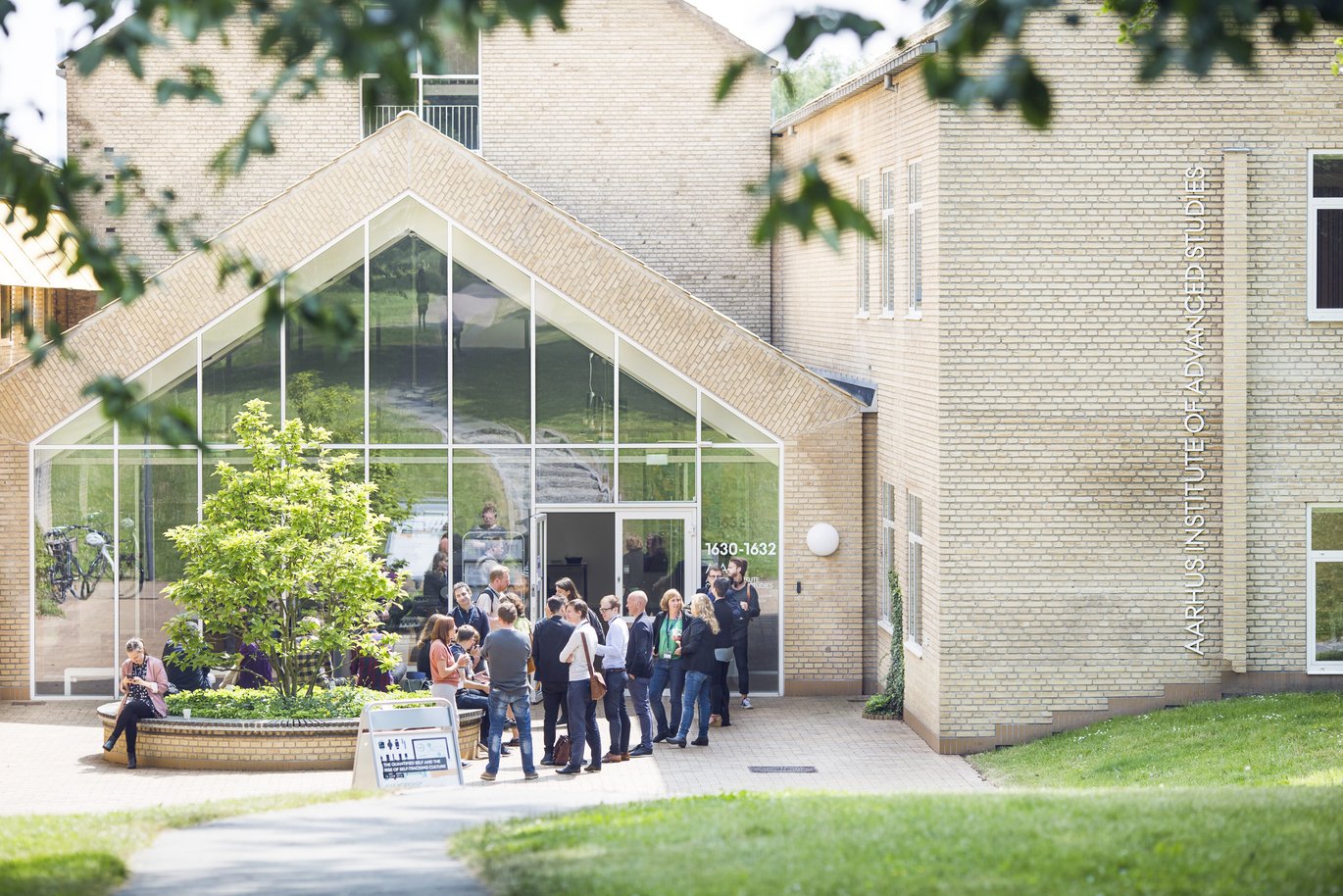Three new AIAS Associates
AIAS will give its official welcome to three new AIAS Associates who will be affiliated with AIAS for the next two years on 3 October 2016.

On Monday 3 October, the three AIAS Associates Sadegh Nabavi (Dandrite), Cameron Warner and Heather Swanson (Dept. of Anthropology) will be introduced and welcomed to the AIAS fellows together with the 9 new fellows commencing their fellowship at AIAS on the same day.
More about the new AIAS Associates
- Associate Professor Cameron David Warner, Department of Anthropology, Aarhus University, Denmark
- Group leader, Associate Professor Sadegh Nabavi, DANDRITE, Dept. of Biomedicine, Aarhus University, Denmark
- Assistant Professor Heather Swanson, Department of Anthropology, Aarhus University, Denmark
Dr. Sadegh Nabavi is a research group leader at DANDRITE. The Nabavi group is focusing on how plasticity at the synaptic and circuit levels in the brain relates to behavioral plasticity (learning and memory formation) and how the newly formed memories are integrated into the existing network (cellular and systems consolidation) using rodents as model organism. The studies undertaken may lead us to better understand and to treat better neuropsychological diseases thought to be related to aberrations in synaptic plasticity, such as posttraumatic stress disorder, schizophrenia, substance abuse disorders and dementia. He did his PhD studies at the Department of Molecular Biology and Genetics at University of Guelph in Canada, followed by postdoctoral research at the Center for Neural Circuits and Behavior, Department of Neurosciences, at the University of California in San Diego.
Heather Swanson is an assistant professor in the Department of Anthropology and a core member of Aarhus University Research on the Anthropocene (AURA), an interdisciplinary project on anthropogenic landscapes headed by Niels Bohr professor Anna Tsing. Swanson’s research explores how cultural histories shape landscape ecologies (and vice-versa). She has conducted extensive fieldwork in Hokkaido, Japan, examining how the island’s histories of salmon fisheries management have transformed its salmon populations. Her book in progress, Caught in Comparisons: The Making of Japanese Salmon, probes how the political-economic development of “modern Japan” came to physically alter the bodies and genes of these fish in unexpected ways. In 2015-16, Swanson was a postdoctoral fellow at the Centre for Advanced Study in Oslo, Norway, where she participated in the “Arctic Domestication in the Era of the Anthropocene” project.
Cameron David Warner is a cultural anthropologist who studies Tibet, Nepal, and the Himalayas. He received his BA in Religion and Biology from Swarthmore College, and his PhD in Tibetan Studies from Harvard University. Warner’s previous work has focused on the history and practice of Buddhism, especially in relation to material culture, politics, gender, music, and migration. From 2015-2019, he will be leading a new project, funded by the Danish Council for Independent Research, to study the value of artifacts and the practice of ethnographic collection, "Precious Relics: Materiality and Value in the Practice of Ethnographic Collection" together with his colleagues Ton Otto and Ulrik Høj Johnsen. The project will focus on Tibet, Papua New Guinea, and Afghanistan.
What is the AIAS Associate Scheme?
AIAS offers non-Danish Aarhus University researchers of the highest international level access to the fruitful, international research environment at AIAS through the ‘AIAS Associates’ scheme. AIAS Associates are officially connected with AIAS, and will enjoy privileged access to the internationally multidisciplinary research environment at AIAS with academic as well as social activities.
Read more about the AIAS Associate Scheme, and how to appoint an Associate at:
http://aias.au.dk/aias-associates/
Contact
Morten Kyndrup, AIAS Executive Director, Professor
kyndrup@aias.au.dk.
